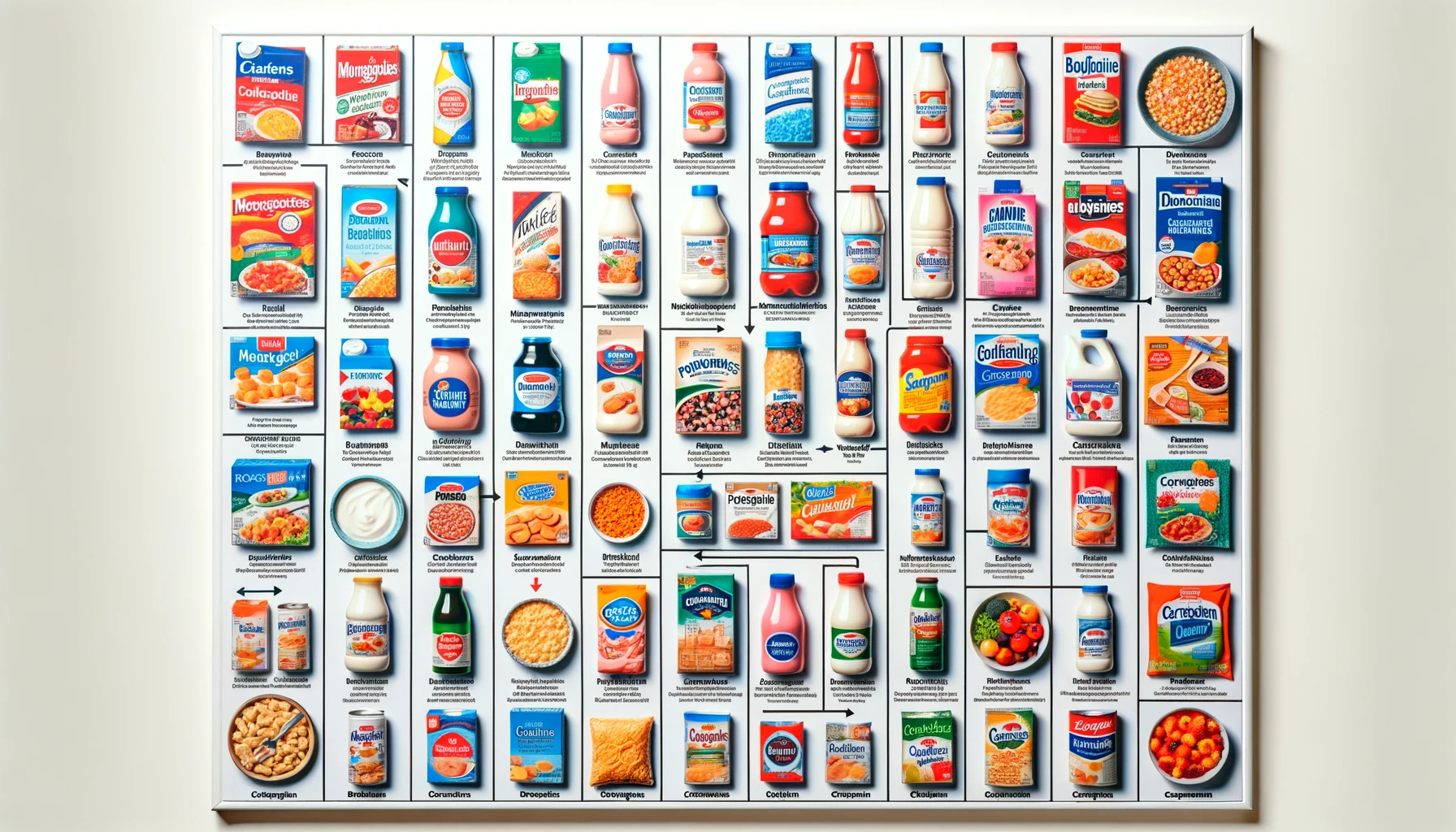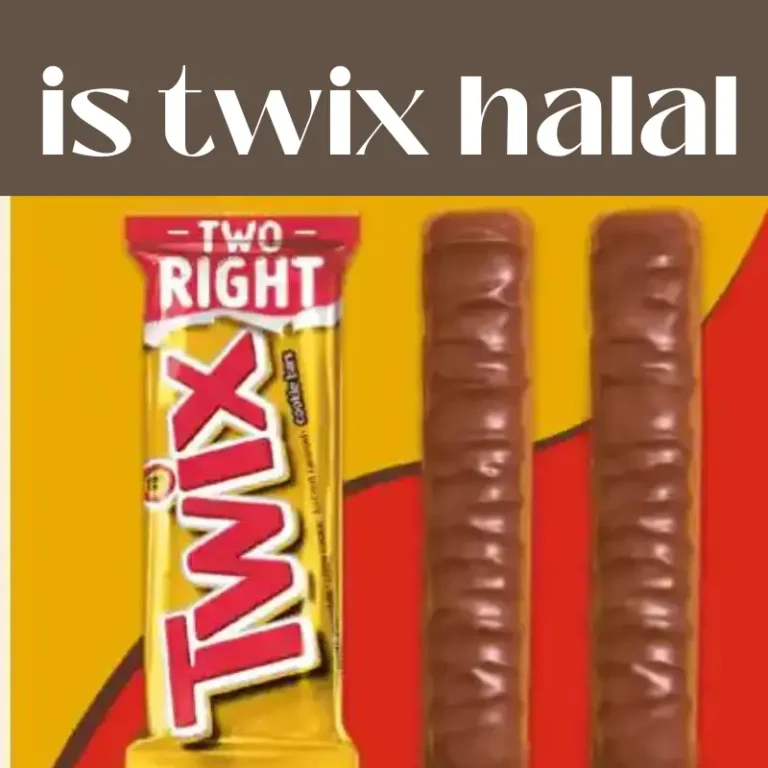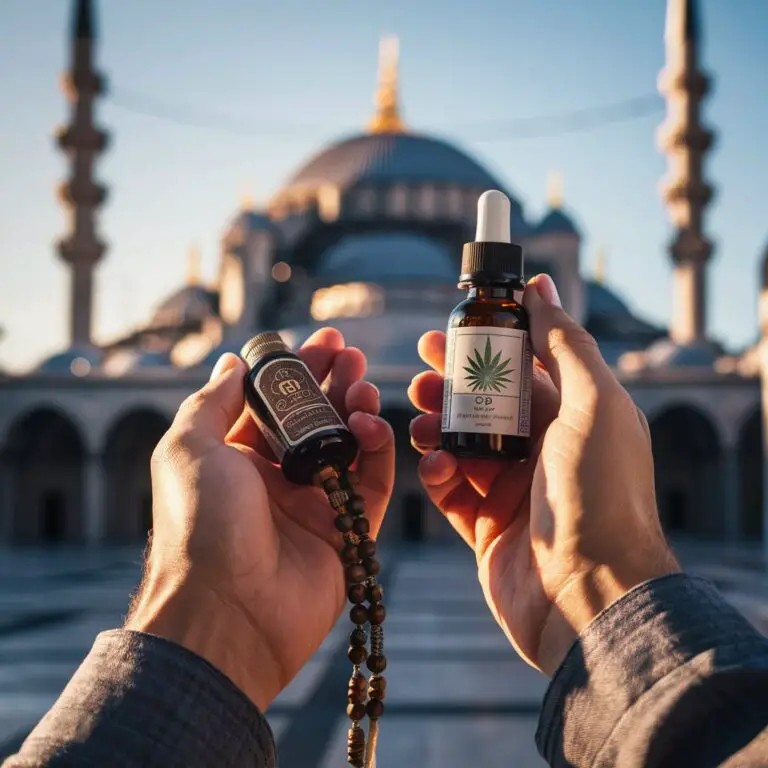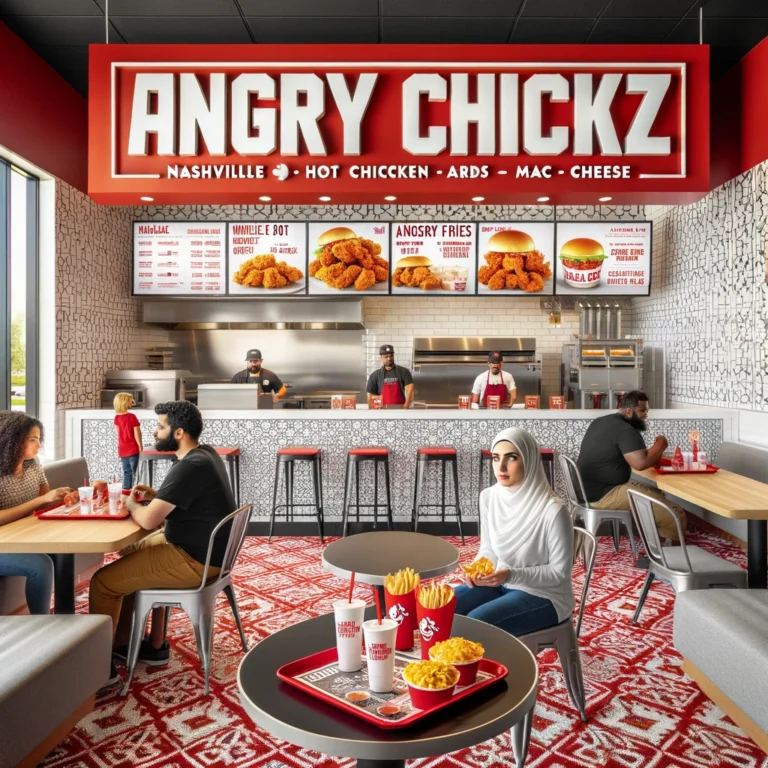Are Monoglycerides Halal?
Monoglycerides are a type of food additive used as emulsifiers in various processed foods. As halal compliance becomes an increasingly important issue for both manufacturers and consumers, many Muslims wonder whether common food additives like monoglycerides are permissible to eat according to Islamic dietary laws.
This article will provide an in-depth analysis on the halal status of monoglycerides, including:
- What are monoglycerides
- Different types of monoglycerides
- Monoglyceride sources
- Halal certification of monoglycerides
- Potential issues with monoglycerides halal status
We will evaluate these key factors to determine if monoglycerides are halal compliant for observant Muslims.
What are Monoglycerides?
Monoglycerides, also known as monoacylglycerols, are a class of fatty acid esters derived from glycerol that contain one esterified carboxylic acid group. Structurally, a monoglyceride consists of a single fatty acid chain covalently bonded to glycerol’s hydroxyl group via an ester linkage.
Monoglycerides have important functional properties and are frequently used as surfactants and emulsifiers in various food applications. As surface-active molecules, they promote the formation of emulsions and foams. Common examples of food emulsions stabilized by monoglycerides include margarines, sliced bread, ice cream, and coffee creamers.
The U.S. Food and Drug Administration (FDA) categorize monoglycerides under the food additive class of “direct” food substances that can be used as emulsifiers and whipping agents. They are classified as GRAS (Generally Recognized As Safe) when used according to good manufacturing practice (CGMP) requirements.
Some advantages of using monoglycerides as emulsifiers include:
- Effective at low concentrations
- Improve texture and volume of baked goods
- Resist moisture loss in foods
- Extend shelf life of products
- Allow smooth, uniform mixing of ingredients
Therefore, monoglycerides serve very useful functions in food manufacturing. Next, we examine the various sources these industrial emulsifiers come from.
Types of Monoglycerides
There are many types of monoglycerides differing by fatty acid chain length, degree of unsaturation, and configuration. From a halal certification perspective, we must evaluate the acceptability of various monoglyceride sources.
The major classes of monoglycerides include:
1. Saturated Monoglycerides
Saturated monoglycerides contain fatty acids without any double bonds. The fatty acid chains derivable from animal fats (lard, tallow) and plant oils (palm oil, coconut oil, cocoa butter).
Common examples:
- Monostearin
- Monopalmitin
2. Unsaturated Monoglycerides
Unsaturated monoglycerides contain fatty acid chains with at least one double bond. Mainly obtainable from plant/vegetable sources:
- Monoolein
- Monolinolein
3. Diacetyl Tartaric Acid Esters of Monoglycerides (DATEM)
DATEM is a type of monoglyceride derivative made by esterifying monoglycerides with diacetyl tartaric acid. It has powerful dough conditioning effects, improving the texture and volume of baked goods.
DATEM is halal as long as no haram additives are used during its production.
4. Acetylated Monoglycerides
These monoglycerides undergo chemical modification through acetylation to introduce acetyl groups, enhancing their water-binding properties.
Common examples include glyceryl monostearate and distilled monoglycerides.
Now that we covered the major monoglyceride types, we analyze typical sources used in industrial production.
Monoglyceride Sources
Since monoglycerides have applications as emulsifiers and conditioning agents, manufacturers can produce them from:
Plant Sources
- Soybean oil: Chemically derived soy monoglycerides are halal.
- Canola oil: Canola monoglycerides have halal certifications.
- Palm oil: Halal if no cross-contamination occurs during processing.
Animal Sources
- Pork fats (lard): Haram source according to Quranic prohibition on pork consumption.
- Beef tallow: Requires halal beef slaughtering certification for halal compliance.
Commercial Sources
Many food manufacturers purchase monoglycerides from third-party producers specializing in food-grade emulsifiers rather than make them in-house.
In these cases, we must scrutinize the production process and supply chain to guarantee no cross-contamination with haram ingredients.
The potential introduction of haram content poses a challenge for certifying the halal status of commercially produced monoglycerides.
Next, we analyze the procedures for certifying monoglycerides as halal.
Halal Certification of Monoglycerides
With the various potential monoglyceride sources, establishing their halal status requires great care and procedural diligence by halal certification organizations.
Halal certification involves auditing the entire supply chain and production process to verify permissible monoglyceride sources are used and no contamination with haram ingredients occurs.
1. Verify Raw Ingredients
All incoming raw ingredients must come from halal sources or have halal certification.
For animal-derived monoglycerides, auditors must inspect slaughtering facilities and procedures to certify they meet halal slaughter requirements.
2. Inspect Processing Aids
Any enzymes, catalysts, or reagents used to produce monoglycerides get screened to ensure they are halal suitable.
3. Assess Production Machinery
The processing equipment and production lines must avoid cross-contamination between halal and non-halal materials.
Frequent thorough cleaning between product changeovers is essential.
4. Analyze Final Product
Finished products undergo laboratory testing to verify absence of pork DNA and alcohol residue.
5. Monitor Storage and Transportation
Warehousing practices and shipping containers must prevent introducing impurities. Proper packaging helps maintain integrity.
Meeting all these stringent criteria allows halal certification organizations to endorse monoglycerides as halal. We review potential issues that manufacturers must address.
Potential Issues Affecting Halal Status
Despite rigorous standards, problems occasionally arise jeopardizing the halal integrity of monoglycerides:
1. Undeclared Haram Additives
Some dishonest manufacturers use less expensive haram ingredients like pork derivatives or alcohol without declaring them.
2. Cross-Contamination
Even trace amounts of pork-derived residues contaminating production equipment can compromise halal status.
3. Improper Cleaning Methods
Haram substances can persist through inadequate cleaning procedures between production cycles.
4. Labeling Errors
Mislabeled shipping containers and incomplete documentation pose risks of introducing improper ingredients.
Fortunately, reputable halal certification bodies counter these issues by requiring comprehensive paperwork review, facility inspections, and product analysis.
How to Verify Halal Compliance

For Muslim consumers wondering whether specific monoglyceride-containing products are halal, several verification methods exist:
1. Check for Halal Certification Logos
Look on packaging for recognized halal authority logos like the Islamic Food and Nutrition Council of America (IFANCA) or the Islamic Society of the Washington Area (ISWA).
2. Contact Manufacturers
Call or email manufacturers asking whether their monoglycerides have halal certification or are derived from permissible vegetal sources.
3. Research Ingredient Suppliers
Search for manufacturers online to investigate their halal compliance policies and production procedures.
4. Consult Halal Consumer Organizations
Organizations like the Muslim Consumer Group maintain frequently updated databases on halal product ingredients including monoglycerides.
Thorough scrutiny by halal certification bodies combined with consumers practicing careful ingredient examination enables Muslims to enjoy monoglyceride-containing products verified to meet halal standards.
Are Monoglycerides Halal: Conclusion
In summary, whether monoglycerides qualify as halal depends greatly on their specific production methods and handling processes.
Monoglycerides from plant-based oils (soybean, canola, palm) through controlled procedures granting halal status can be permissible.
However, monoglycerides incorporating pork derivatives or alcohol-based additives are unconditionally forbidden. Cross-contamination also critically threatens their halal integrity.
Fortunately, reputable halal certification organizations impose excellent ingredient traceability and manufacturing oversight. Their halal logos offer assurance to Muslim consumers about monoglyceride purity.
In essence, halal monoglycerides are feasible provided comprehensive halal monitoring procedures occur for sourcing, processing, storage and delivery. Manufacturers must prevent both intentional and accidental inclusion of any prohibited substances according to Quranic principles.
Through sound halal quality control programs and increased consumer vigilance about checking certifications, this important class of food additives can remain compliant with Islamic injunctions.
This concludes our detailed evaluation on whether monoglycerides qualify for halal classification. The analysis shows achieving halal compliance is feasible with careful oversight by conscientious and dedicated halal certification bodies. Their valuable service helps facilitate Muslim adherence to Quranic dietary prohibitions.







